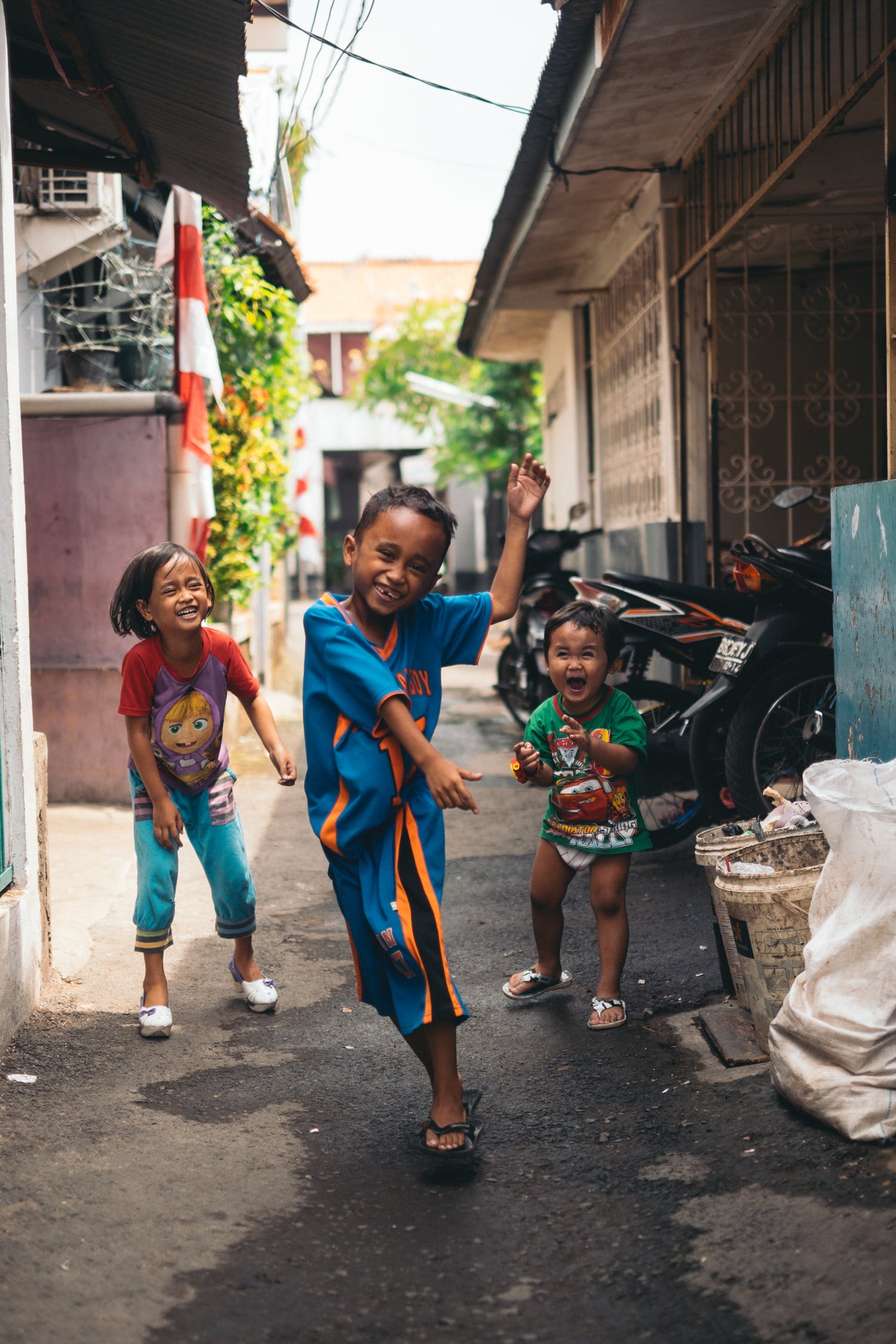Integration is Child’s play (GameJam 2017)
The Games [4Diversity] Jam 2017 – Integration is Child’s Play
Will be held on November 25-26th in Utrecht.
This is why we do it:
Living together should be child͛’s play, but refugees are not well represented and included in today͛s popular culture. They are either portrayed as victims or villains. As such, they appear to bring negative feelings and experiences into the country. We want to show a different side.

How a Game Jam can help
As a socio-cultural minority, refugees experience trouble to portray themselves and their culture in the way they actually are. They are misrepresented. Games [4Diversity] tries to contribute to improved representation and inclusion of socio-cultural minorities in popular culture. We do this by organizing game jams. Game Jams are collaborative, fast-paced methods of designing (Deen et al., 2014). They bring participants from diverse background (art, programming, design and scholars) together to create functional games in a short, predefined time frames. These different backgrounds contribute to creative outlets, creating new games and novel forms of play. Journalist Arjan Terpstra once called jams, the breathing space for game developers. A game jam offers developers space to tap into their creativity without the burden and need to create commercial viable games. The different backgrounds of a team often incite new and novel forms of play (Deen et al., 2015).
Play that represents culture and brings different cultures together
We wish to add another background to the mix: Syrian playful culture. Playful culture differs per country and can represent implicit values and norms of a civilization (Sutton-Smith, 1997). For example, Fox (2012) studied the different ways people play with a ball. In his historical study he describes how soccer, football and rugby are heavily influenced by the values and norms of the civilization. Play represents culture.If we want to tap into Syrian playful culture we should work with the prime owners of this culture. These are the children. They play games on schoolyards, parks and playgrounds. These games resonate the children͛s͛ upbringing and culture in many ways. We wish to connect Syrian playful culture with the local playful culture, by having children play each other͛s games. The plan is to organize a gamejam where Syrian children and local children play each other͛s playground games. Game developers from both countries participate in these games and help the children to create ͚blended games͛. These will be combinations of a Syrian and local games. Developers will turn these new cross-cultural games into digital equivalents over-night. The next day, children will playtest the digital versions of their games and may ask the developers for a last iteration before the games will be distributed through online channels. We hope that connecting children of different backgrounds through play, can lead to a constructive and positive massage about sharing culture. Which can be invigorating, inspiring and innovative. By turning these games into digital equivalents the games can be easily distributed and shared with others.
As a result, more people can enjoy these multi-cultural games that they might have never seen before.